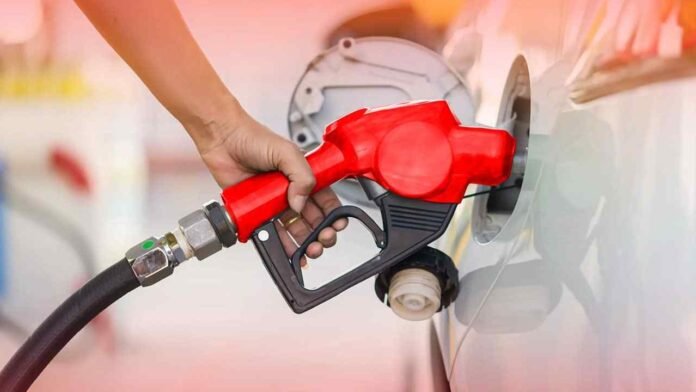Consumers in Pakistan could see a minor reduction in fuel prices at the start of September, offering slight relief after months of inflation and rising utility costs. According to industry estimates, petroleum product prices may drop by as much as Rs3.13 per litre in the first half of the month.
Diesel Sees the Biggest Drop
Diesel, the most widely used fuel in transport and agriculture, is expected to see the steepest decline, with its price likely to fall by Rs3.13 per litre to Rs269.86. Petrol prices are projected to ease only slightly, dipping Rs0.61 to Rs264.00 per litre.
Other fuels may see similar modest cuts:
- Kerosene: Down Rs1.78 to Rs176.70 per litre.
- Light Diesel Oil (LDO): Down Rs2.61 to Rs159.55 per litre.
Why the Relief is Limited
The price adjustments reflect recent shifts in global crude oil and refined product markets. While crude prices have softened, premiums on refined fuels such as petrol and diesel remain high due to elevated shipping costs and tight regional supplies, particularly in South and East Asia.
On a percentage basis, the changes are small: petrol may fall by 0.2%, diesel by 1.1%, kerosene by 0.9%, and LDO by 1.6%. The sharper cut in diesel prices compared to petrol is largely tied to international market dynamics and import costs.
Exchange Rate Could Alter Final Prices
These figures are provisional and do not include potential exchange rate adjustments. The rupee’s recent volatility against the US dollar means that final prices could still shift when the government announces official rates. A weaker rupee could erase the projected relief, while any appreciation might deepen the cuts.
How Prices Are Calculated
Domestic fuel pricing factors in a range of costs, including the Inland Freight Equalisation Margin (IFEM)—currently Rs8.05 per litre for petrol and Rs6.20 per litre for diesel—and various levies such as the Petroleum Levy and the Climate Support Levy.
Industry data shows current import premiums at $6.37 per barrel for petrol and $3.20 per barrel for diesel, underscoring persistent pressure in refined product markets.
What Happens Next
The Oil and Gas Regulatory Authority (OGRA) will submit its pricing summary to the Ministry of Finance, which typically announces adjustments every two weeks. With one more international trading day before the review, prices could shift slightly before the final decision is made.
While this expected drop won’t significantly ease household or transport costs, it reflects a small reprieve after months of climbing energy prices—highlighting how global oil dynamics and currency movements remain central to Pakistan’s domestic inflation outlook.


